Have you ever written formula fiction? Is it good or bad to do so? What is it, exactly?
 If your story re-uses the plot, plot devices, and stock characters of other stories, then you’ve written formula fiction. It’s different from the term genre, in that genre fiction makes use of the same setting and style as other works within the genre, but genre fiction may vary plot and characters considerably. I termed such writers formulists in a brief discussion here.
If your story re-uses the plot, plot devices, and stock characters of other stories, then you’ve written formula fiction. It’s different from the term genre, in that genre fiction makes use of the same setting and style as other works within the genre, but genre fiction may vary plot and characters considerably. I termed such writers formulists in a brief discussion here.
Although literary critics tend to dismiss formula fiction, there are so many published stories, it’s difficult to come up with entirely new plots and characters.
Usually there’s a good reason why a writer chooses a formula. It works! It’s a curious thing that readers enjoy reading formula fiction. They’re comfortable with the character types, and although they know how the story will come out, they follow along anyway. Readers can forgive a great deal if the author tells the story in an interesting way.
I’ll discuss plot types in a future blog post, but with formula fiction there’s no real attempt to vary from a proven plot line too much. Just re-use what’s been done before, perhaps with slight deviations in setting or style, or specific plot events.
The use of stock characters frees the writer from having to include a lot of explanation or description. After only a few words, the reader understands all there is to know. Again, it’s possible to vary a bit from the standard character type, but there’s little need.
I said it’s a curious thing that readers would enjoy formula fiction, but perhaps it’s not so mysterious. Before there was a formula, there was an enterprising writer (or oral storyteller) who conveyed the story for the first time. It struck a chord. It was successful. After that, why not just do variations on a popular and effective theme?
Examples of formula fiction include romance, horror fiction, and space opera. Each of these has withstood the test of time because each has appealing characteristics that really reach an audience, and keep on reaching generations of new readers.
In the case of romance fiction, readers enjoy the odd or awkward meeting (the ‘meet-cute’) between man and woman characters who seem opposite or ill-fitting at first, then they warm to each other, only to have a parting of the ways, and finally reunite in love at the end. An overdone plot line? Apparently not yet, since this formula sells more books than any other by far.
In horror fiction, at least the cinematic type, the audience sees a mixed-gender group of characters who are isolated in some way and face a horrible entity bent on their destruction. One by one the characters are killed until only a lone female—the so-called final girl— is left to either defeat the entity or escape. Another plot line that has not run its course.
For space opera, readers are treated to a heroic character in the distant future, somewhere in outer space, confronting a menace threatening the survival of the hero’s people. The hero strives against the evil force, and just when it appears all is lost, the hero is able to defeat the menace. This formula continues to work.
Despite what critics might say, there’s nothing wrong with formula fiction, particularly if you’d like to sell your stories. There’s plenty of room within the constraints of the formula to display your creativity as a writer. So, like a mad scientist (Mwahahaha!), go ahead and use your (fiction) formula to take over the world! Good luck, says—
Poseidon’s Scribe

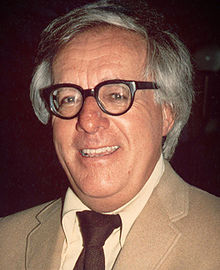
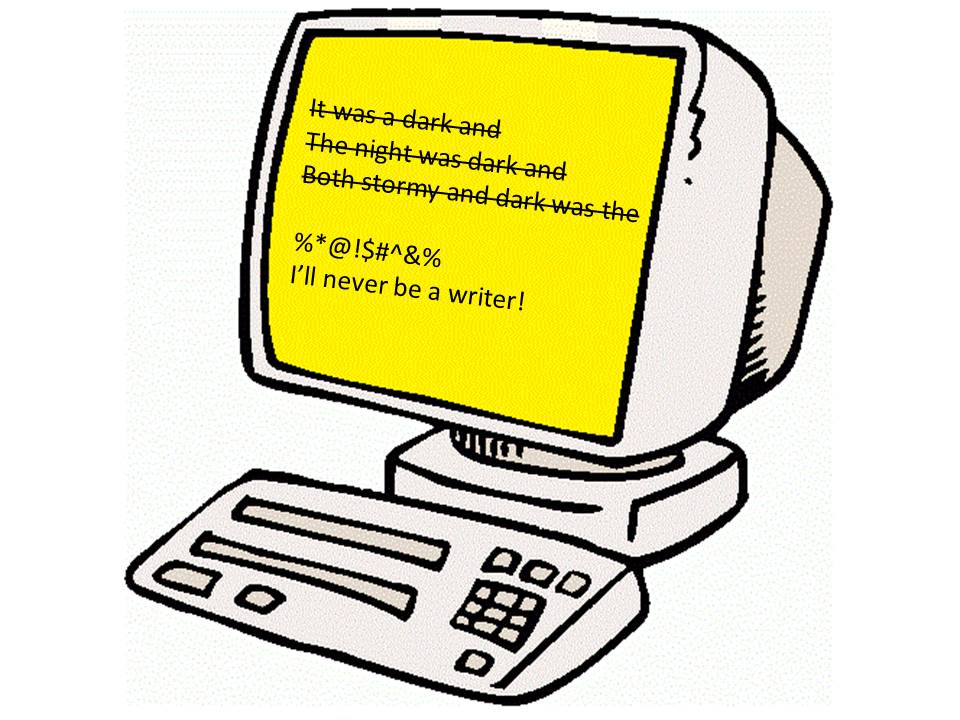


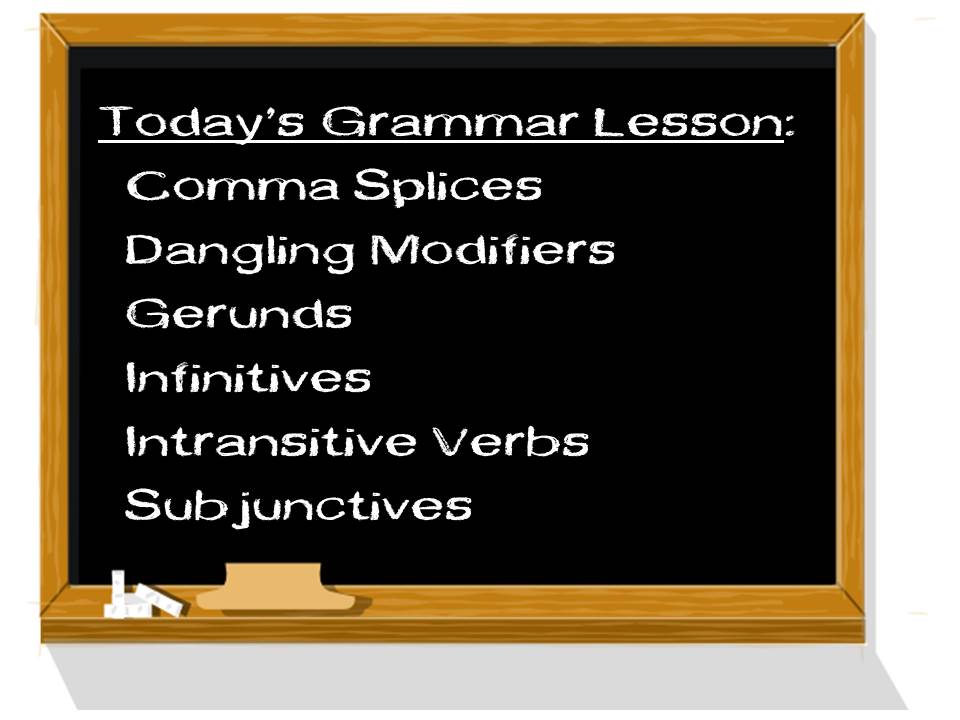

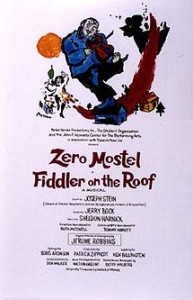

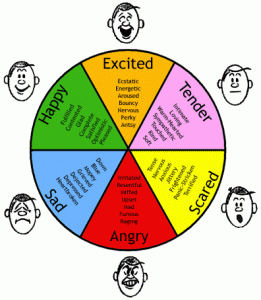

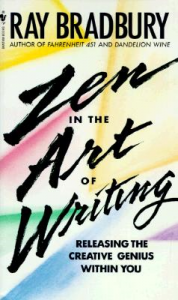

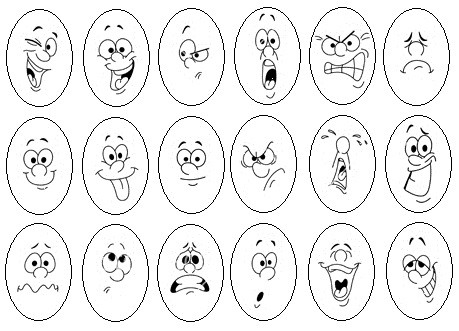 It’s important for a fiction writer to learn how to describe human facial expressions. A person’s face is the most communicative body area, and often it reveals a character’s feelings. Amazing, isn’t it, how many things we can make our faces do! There may be as many facial aspects as there are possible mental states.
It’s important for a fiction writer to learn how to describe human facial expressions. A person’s face is the most communicative body area, and often it reveals a character’s feelings. Amazing, isn’t it, how many things we can make our faces do! There may be as many facial aspects as there are possible mental states.